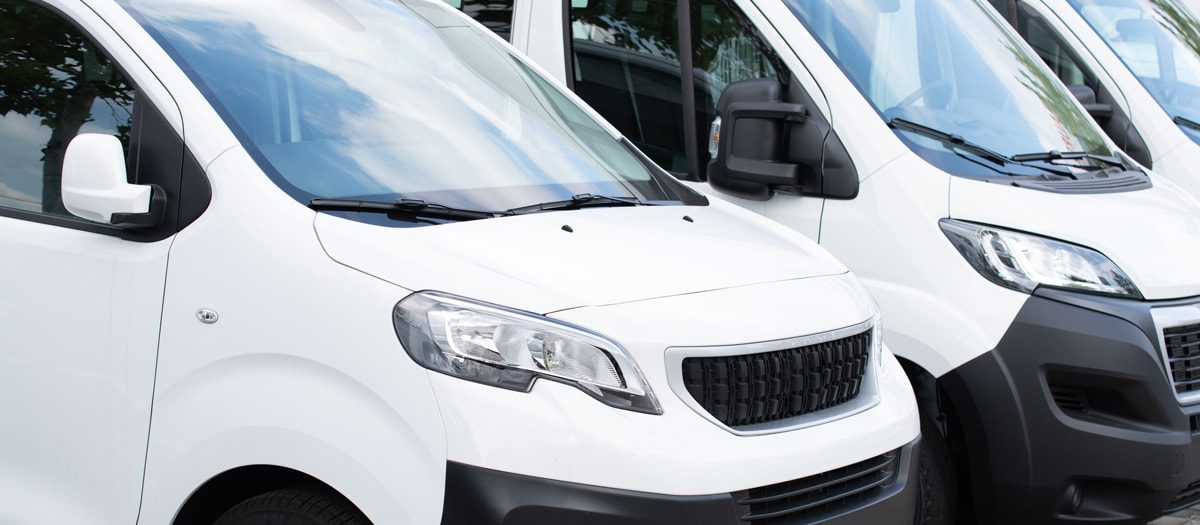What Exactly Is Hired Auto Coverage?
It may be an optional part of your commercial auto policy, or it may be an integral part, depending on your insurance company; but hired auto protects you when you or your employees use leased or rented vehicles for a work-related purpose.
This differs from non-owned vehicle coverage in that non-owned usually deals more with personal vehicles that are being used for work, whether occasionally or routinely. Hired auto mostly focuses on rental cars, which can be a big issue since they are used frequently when employees go on business trips.
Note that hired auto does NOT cover the personal liabilities that may apply in a rental vehicle wreck, but it covers all liability that would accrue to your company. However, if driving on errands for the business, delivering supplies, parts, or equipment to the job site, traveling from the airport while attending a business meeting, or while engaged in other work-based uses – hired auto can save your company a lot of money, should there be an accident.
Commercial Auto VS Personal Auto Insurance
Can’t your employees just buy hired auto cover in their personal auto policies? The answer is no. This type of coverage is almost always exclusively available under commercial auto insurance policies only.
Now, your employee still needs his or her regular auto insurance in case he or she is held liable for an accident while in the rented vehicle. This could happen if the accident occurs while the employee is on a personal errand, despite the car mostly being used for business purposes. (Note that liability of the rental company is very rare.)
In most cases, however, the fault will be one of the two driver’s involved in the accident. Hired auto cover is very broad and usually takes care of all damages associated with an accident where the employee-driver is at fault. This is because, in all remotely work related instances, the employer will be held responsible “vicariously.” This is why the employer has as much or more risk than the employee and should not neglect to attach hired auto to the overall commercial auto agreement.
Doesn’t The Collision Damage Waiver Cover Everything?
Most rental car companies offer a collision damage waiver to protect the driver from being liable for property damage to the vehicle driven. But this does not cover expenses arising from damage to another vehicle’s property or personal injuries caused to others.
Also, collision waivers may overlap with the driver’s personal auto insurance anyway at some points, and you can avoid paying pricey collision waiver fees by bolstering your commercial auto policy instead. Also, be sure to check if “loss of use” is included in whichever protection you choose – because loss of use can often be calculated in a way very generous to the car rental company.
To discuss the details of how hired auto and other elements of commercial auto work, or for a free quote, contact Flagler County Insurance Agency today!
